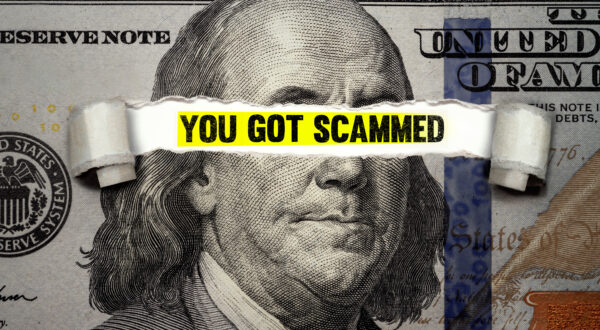Prevent Identity Theft When Traveling
As you make your travel plans, plan how you’ll keep your personal information safe. When you’re away from home, distractions become opportunities for thieves who are looking for ways to steal your identity. Don’t let them ruin your vacation.
Before you go:
- Have your mail collected or held at the post office.
- Don’t blog, tweet, or post your travel plans on social networking sites.
- Decide which credit cards you’ll take (as few as possible) and how you’ll stash a backup in case one is lost, stolen, or canceled.
- Once you decide which credit cards you are taking, contact the credit card companies/financial institutions and make them aware of your travel dates so they do not block your transactions.
- Make a list of important phone numbers, including the numbers of Eagle Federal Credit Union and other credit card issuers.
- At home, make sure your financial documents aren’t sitting in plain view.
When traveling:
- Don’t carry extra credit cards or personal information (Social Security number and so forth) in your wallet or purse unless necessary.
- Never leave your purse or wallet unattended.
- Beware of distractions. Criminals create or take advantage of distractions and then try to steal your personal items.
- Protect you children, too. ID theft criminals could use your child’s name and identity to open bank accounts & credit cards, so take the same precautions for your children as you would yourself.
- Whether traveling abroad or locally, consider bringing a passport for yourself & your children and travel with that instead of other forms of identification. Assume public wireless establishments aren’t secure-don’t enter passwords or financial account information when using a public wireless hot spot or cyber café.
- If you must use a public computer, remember to delete all cookies and browsing history before you log off.
- Use cash when possible.
- Confirm credit card numbers in person at hotels instead of over the phone.
After Your Trip:
- When you get home, check your bank account activity, credit cards activity and even medical insurance claim activity for any transactions you do not recognize.





